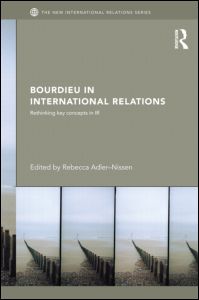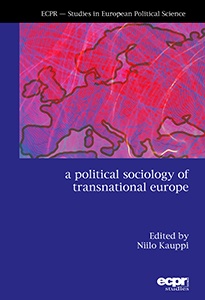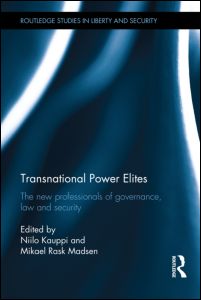ECPR General Conference, Bordeaux, September 4-7 2013
Political sociology section
Panel 6: Fields, Networks and Social Change in a Neoliberal Age
Chaired by Mathieu Hilgers, Université Libre de Bruxelles, and Eric Mangez, Université Catholique de Louvain
An impressive number of recent publications show an international dynamic of interest in field theory. However, with some rare exceptions, many researches fail to develop the seminal potential of field theory to interpret and to explain the dynamics of social change (see Fligstein and McAdam 2012; Mangez and Hilgers 2012). Given the constant refinements of the concept and theory of field and their growing use in international sociology, anthropology and political sciences in recent years, it seems useful to bring to light the elements that make this theory useful for the analysis of social change. More precisely, this panel aims to contribute to the development of field theory by considering its potential to grasp the impact of the process of neoliberalization which affects many societies in the world. How can we interpret the impact of the process of neoliberalization on the functioning of relatively autonomous domain of activity (art, literature, education, research,…)? How does it affect their autonomy and their structure? How does the rise of various ‘transfield’ networks affect these domains? The panel will address the question of the relation between fields and networks in a neoliberal era. This panel is open to theoretical or empirical contributions but it will give the priority to contributions which provide a theoretical impulse to field theory by mobilizing empirical analysis. A comparative perspective will be privileged for the discussion, contributions which concern the reality beyond Europe are of course more than welcome.
Fligstein Neil and McAdam Doug (2012). A Theory of Fields. New York: Oxford University Press.
Mangez, Eric; Hilgers, Mathieu (2012). The Field of Knowledge and the Policy Field in Education: PISA and the production of knowledge for policy, European Educational Research Journal , p. 189-205
Submit proposals here
Deadline February 1st



